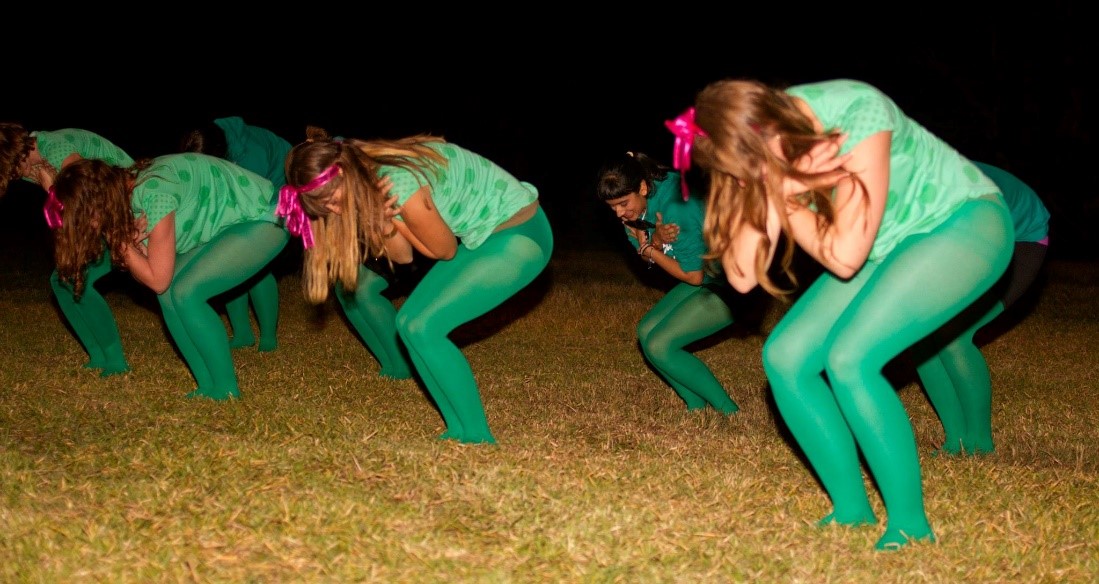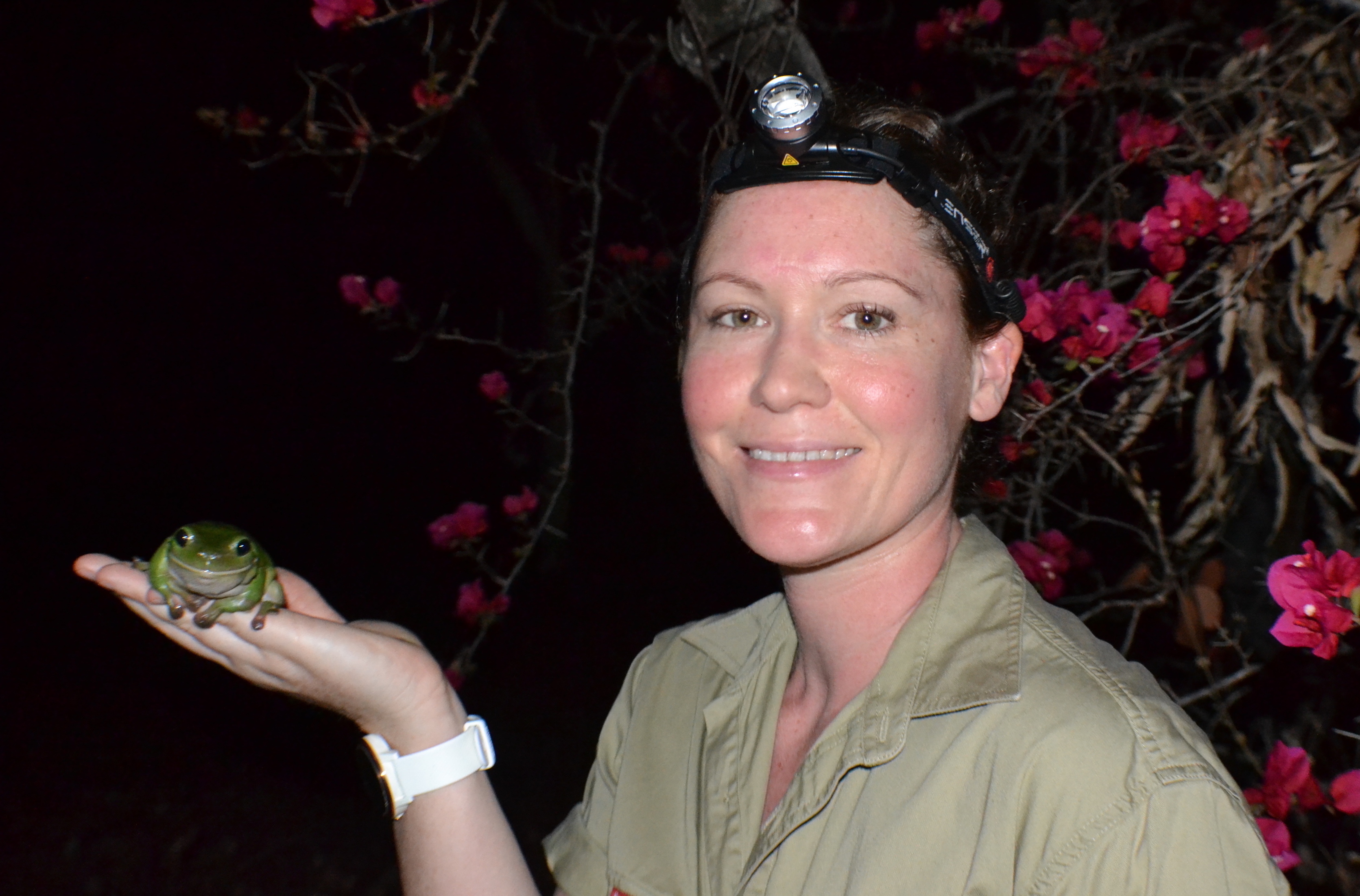Teaching the Fascinating Secrets of the Biological World
Growing up in the tropics of North Queensland, Deborah Bower experienced an incredible diversity in reptiles and amphibians living all around her. It was during high school work experience that she ultimately discovered that she wanted to work in the field of ecology and conservation. Fast forward to 2019, at age 34, Deborah now runs the Laboratory of Applied Zoology and Ecological Restoration at the University of New England where she teaches aquatic ecology and ecosystem management and supervises students to complete their own research projects.
In 2014 Deborah lived in Madagascar for a year where she volunteered for a not-for-profit conservation organisation. The year-long expedition gave Deborah an insight towards the challenges that many developing countries face in research and conservation such as difficulties accessing technology and English as a second language. Since then, Deborah has created her own lab at UNE as a means to support diversity in science.
Deborah’s research in applied ecology focuses on understanding and mitigating threats to wildlife through experimental and empirical ecology and community engagement. More specifically, Deborah’s research focuses on the conservation of aquatic species including rain forest frogs in the wet tropics of Australia where she has examined the impacts of disease on population structure of frogs. In Papua New Guinea, Deborah has worked with a team of researchers to monitor for disease and understand how to best prepare for future changes to their wildlife populations from climate change and pathogens.
Deb and her team have explored the threat of the amphibian chytrid fungus reaching New Guinea and her large-scale disease surveillance suggests that the world’s largest island may be the last bastion for frog diversity. Her research has detailed the necessary pre-emptive conservation measures required to mitigate this problem and reviewed successful policies for other countries and pathogens. As a result of this work, Deb has been involved in establishing an internationally collaborative conservation project with Macquarie University, Zoos Victoria and the Port Moresby Nature Park in PNG to set up amphibian captive breeding and genome storage facilities in Port Moresby.
When Deb isn’t saving the frogs, she is passionate about making science accessible to everyone. Deb writes a column for the local newspaper on nature and uses her role at UNE to support underrepresented groups in science by supervising HDR students who are Indigenous, women and from developing countries.
Deb has run events to bring rural high school children to university to engage in hands-on activities such as aquatic ecology practices.

“We learn when we are enjoying ourselves and I want other people in the world to find the same enjoyment in nature that I have. I want to continue to grow creatively and scientifically and bring the two worlds together. Science and adventure are two of my passions, so I want to combine them and sneak fundamental biological concepts into fun activities that are accessible to everyone. I love bringing a different perspective to science, like teaching the frog reproductive cycle through dance with primary school children“
Increasing human modifications to the Earth including climate change are threatening a million species with extinction globally. Everyone can contribute to environmental conservation by asking their local politicians to take action to conserve species and invest in renewable energy. We can also help by supporting businesses that are using climate sensitive processes and by offsetting our own carbon emissions through the United Nations carbon offset program.
Deborah is a Finalist for the 2019 Distinguished Alumni Award under the category of Chancellor’s Young Alumni Award.
Words by Caitlin Judd


